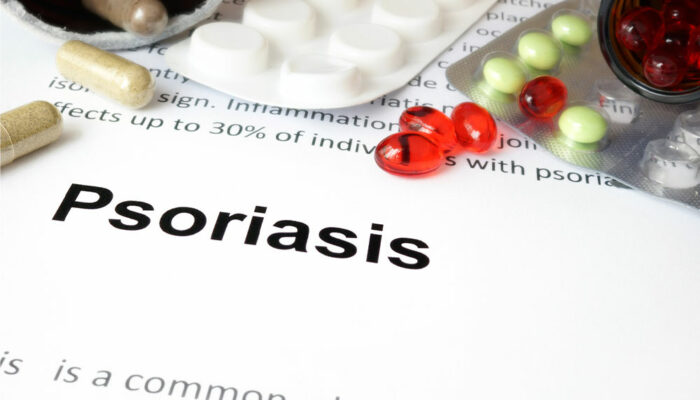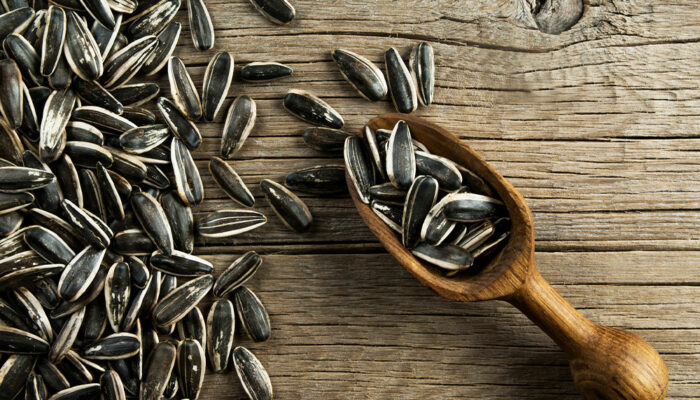
health
6 common health conditions related to psoriasis
Psoriasis is an autoimmune health condition with symptoms that are easily visible such as dryness, redness, and peeling of the skin. It is generally known that these symptoms are the result of chronic inflammation. However, not many people are aware that psoriasis causes systemic inflammation, which means the inflammation affects not only the skin but also the internal organs of the body. This can eventually lead to other health complications. Psoriatic arthritis Psoriatic arthritis is one of the most common conditions linked to psoriasis. The symptoms include swollen and stiff joints with severe pain. Early onset of psoriatic arthritis is usually indicated by symptoms such as red or swollen joints along the spine, fingers, and elbows. Metabolic syndrome The metabolic syndrome results from elevated blood sugar levels, high blood pressure, and high levels of body fat and cholesterol. This syndrome further increases the risk of health conditions related to the heart and type 2 diabetes. Cardiovascular disease Cardiovascular disease or heart-related conditions include heart stroke, arrhythmia, heart failure, and problems related to the valves of the heart. It is estimated that those with psoriasis have twice the risk of developing cardiovascular complications. However, the risk increases for those who have been diagnosed with metabolic syndrome in the past as a result of psoriasis.
Read More 








